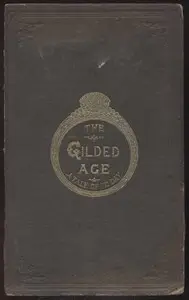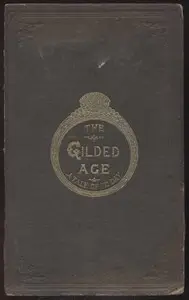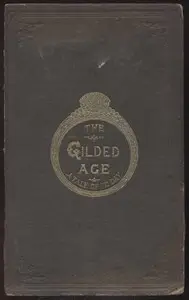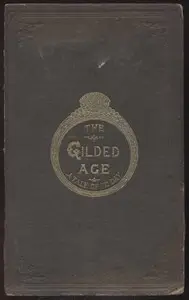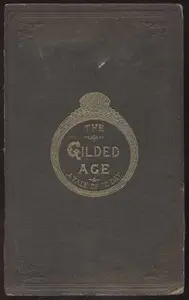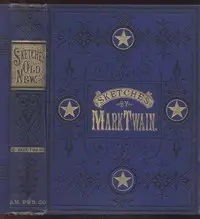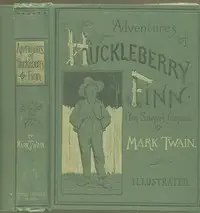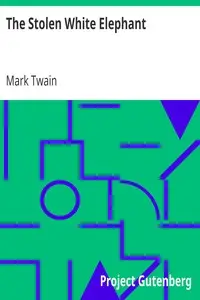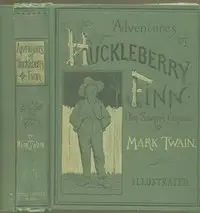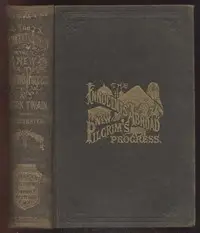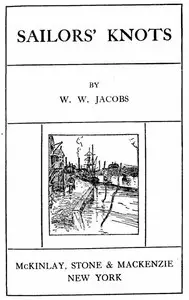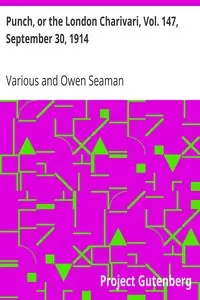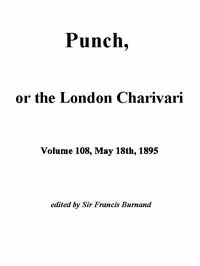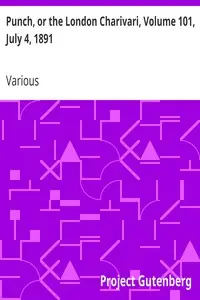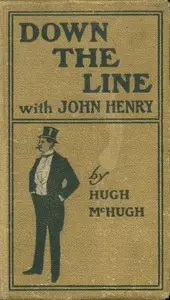"The Gilded Age, Part 7" by Mark Twain and Charles Dudley Warner is a book that uses humor to poke fun at the high society and government of its day. The story looks at the glittering appearance of the rich and powerful, while also showing their dishonesty and the problems that come with chasing money. Laura Hawkins is on trial for murder in the book’s opening, and the courtroom drama brings to light her past and her troubled relationship with a man, revealing the challenges women faced and the unfairness of the class system in that era. A close look at human actions and motivations drives the story through the trial. Through her journey, Laura reveals the darkness hidden beneath the bright surface of the Gilded Age.
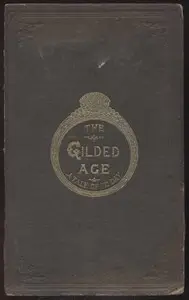
The Gilded Age, Part 7.
By Mark Twain
In a world of wealth and power, a woman's desperate act in a courtroom exposes the dark secrets and scandalous truths of a glittering era.
Summary
About the AuthorSamuel Langhorne Clemens, known by the pen name Mark Twain, was an American writer, humorist, and essayist. He was praised as the "greatest humorist the United States has produced," with William Faulkner calling him "the father of American literature." Twain's novels include The Adventures of Tom Sawyer (1876) and its sequel, Adventures of Huckleberry Finn (1884), with the latter often called the "Great American Novel." He also wrote A Connecticut Yankee in King Arthur's Court (1889) and Pudd'nhead Wilson (1894) and cowrote The Gilded Age: A Tale of Today (1873) with Charles Dudley Warner.
Samuel Langhorne Clemens, known by the pen name Mark Twain, was an American writer, humorist, and essayist. He was praised as the "greatest humorist the United States has produced," with William Faulkner calling him "the father of American literature." Twain's novels include The Adventures of Tom Sawyer (1876) and its sequel, Adventures of Huckleberry Finn (1884), with the latter often called the "Great American Novel." He also wrote A Connecticut Yankee in King Arthur's Court (1889) and Pudd'nhead Wilson (1894) and cowrote The Gilded Age: A Tale of Today (1873) with Charles Dudley Warner.

